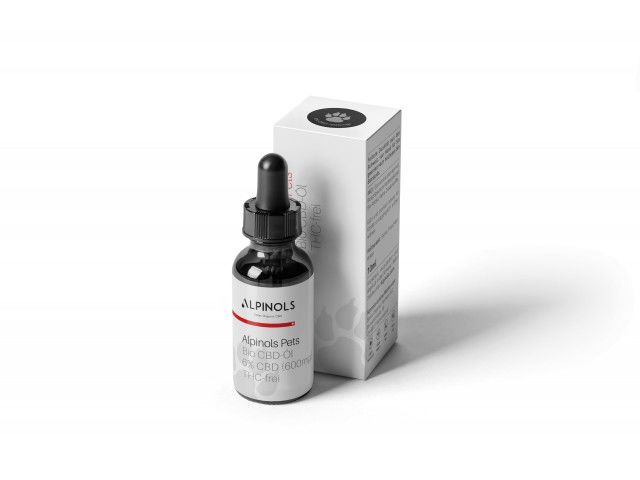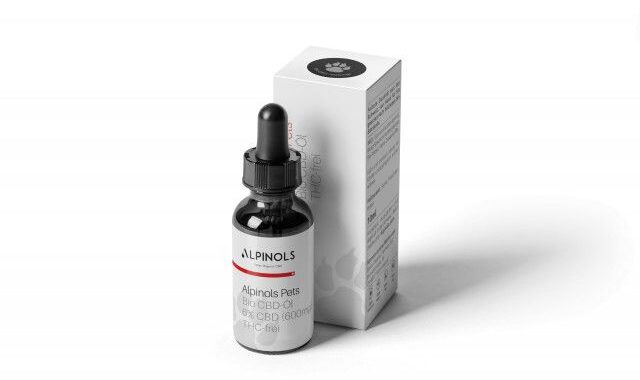CBD’s Impact on Digestive Health

In recent years, CBD has gained widespread attention for its potential health benefits, ranging from pain relief to anxiety management. However, one area that is increasingly under the spotlight is its impact on gut health. The intricate connection between CBD and the gut is a fascinating subject that warrants exploration. In this article, we delve into the relationship between CBD and gut health, shedding light on how this natural compound may offer therapeutic support for digestive issues.
The Gut Microbiome: A Key Player in Health
Before delving into the connection between CBD and gut health, it’s essential to understand the significance of the gut microbiome. The gut microbiome refers to the diverse community of microorganisms that inhabit the digestive tract. These microorganisms, including bacteria, fungi, and viruses, play a crucial role in various aspects of health, including digestion, immune function, and even mood regulation. To learn more about CBD, there are a ton of interesting articles at Bragging Mommy.
Maintaining a healthy balance of gut microbiota is vital for overall well-being. Disruptions to this delicate ecosystem can lead to gastrointestinal problems such as irritable bowel syndrome (IBS), inflammatory bowel disease (IBD), and leaky gut syndrome. Additionally, an imbalance in gut bacteria has been linked to a range of other health issues, including autoimmune diseases, obesity, and mental health disorders.
CBD and Gut Health: The Connection Unveiled
CBD, short for cannabidiol, is one of over 100 cannabinoids found in the hemp plant. Unlike its counterpart THC (tetrahydrocannabinol), CBD is non-psychoactive, meaning it doesn’t produce the ‘high’ typically associated with hemp use. Instead, CBD is celebrated for its potential therapeutic properties, which stem from its interaction with the body’s endocannabinoid system (ECS).
The ECS plays a crucial role in maintaining homeostasis, or balance, within the body. It consists of a network of cannabinoid receptors (CB1 and CB2) found throughout the body, including the digestive system. When CBD is consumed, it interacts with these receptors, modulating various physiological processes, including those related to gut function.
Studies have suggested that CBD may exert beneficial effects on gut health through several mechanisms:
- Anti-inflammatory Properties: Inflammation is a common underlying factor in many digestive disorders. CBD has been shown to possess anti-inflammatory properties, which could help alleviate symptoms associated with conditions like IBD and gastritis.
- Balancing Gut Microbiota: CBD may promote a healthy balance of gut bacteria by modulating the composition of the microbiome. By fostering the growth of beneficial bacteria and suppressing harmful pathogens, CBD could contribute to overall gut health.
- Reducing Gut Permeability: Leaky gut syndrome, characterized by increased intestinal permeability, can lead to a range of health issues. CBD has demonstrated potential in tightening the intestinal barrier, thereby reducing gut permeability and preventing the passage of harmful substances into the bloodstream.
- Alleviating Gastrointestinal Symptoms: From abdominal pain and bloating to nausea and diarrhea, gastrointestinal symptoms can significantly impact one’s quality of life. CBD’s anti-nausea, analgesic, and anti-spasmodic properties may offer relief from these distressing symptoms.

Harnessing the Potential of CBD for Gut Health
As our understanding of CBD and its effects on gut health continues to evolve, there is growing interest in leveraging this natural compound as a therapeutic tool for digestive disorders. However, it’s essential to approach CBD supplementation judiciously and under the guidance of a healthcare professional, particularly for individuals with pre-existing medical conditions or those taking medication.
When considering CBD for gut health, here are some key points to keep in mind:
- Quality Matters: Choose CBD products from reputable brands that prioritize quality, purity, and transparency. Look for products that have been third-party tested for potency and contaminants.
- Start Low, Go Slow: If you’re new to CBD, start with a low dose and gradually increase it until you achieve the desired effects. Pay attention to how your body responds and adjust accordingly.
- Consult with a Healthcare Provider: Before incorporating CBD into your wellness routine, consult with a healthcare provider, especially if you have underlying health issues or are taking medication. They can provide personalized guidance based on your individual needs and circumstances.
- Consider Other Lifestyle Factors: While CBD may offer therapeutic benefits for gut health, it’s essential to address other lifestyle factors that can impact digestive wellness, such as diet, exercise, stress management, and sleep quality.
Closing Thoughts
The relationship between CBD and gut health is a complex and multifaceted one, with promising implications for individuals struggling with digestive issues. From its anti-inflammatory properties to its potential to modulate gut microbiota, CBD holds promise as a natural remedy for promoting gastrointestinal wellness. As research in this area continues to unfold, CBD may emerge as a valuable tool in the quest for optimal digestive health.


 Heating Oil Still Relevant in Today’s World?
Heating Oil Still Relevant in Today’s World?  Omega-3 for Vegetarians
Omega-3 for Vegetarians  The Science Behind Shake Ingredients
The Science Behind Shake Ingredients  The Role of Accident Attorneys
The Role of Accident Attorneys  Popularity of Hemp and CBD
Popularity of Hemp and CBD  Budgeting for Millennials
Budgeting for Millennials  CBD’s Impact on Digestive Health
CBD’s Impact on Digestive Health